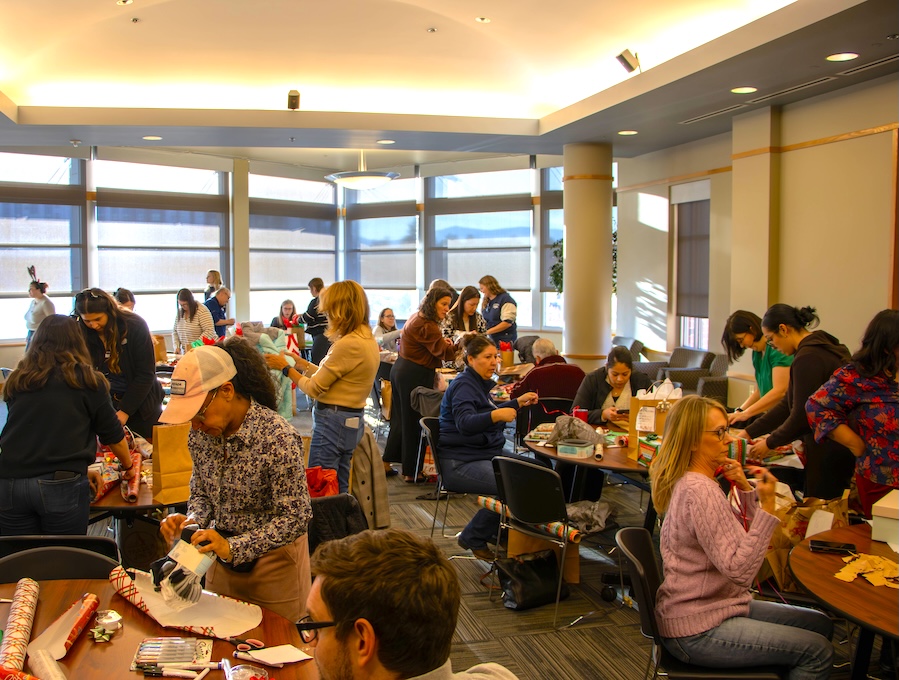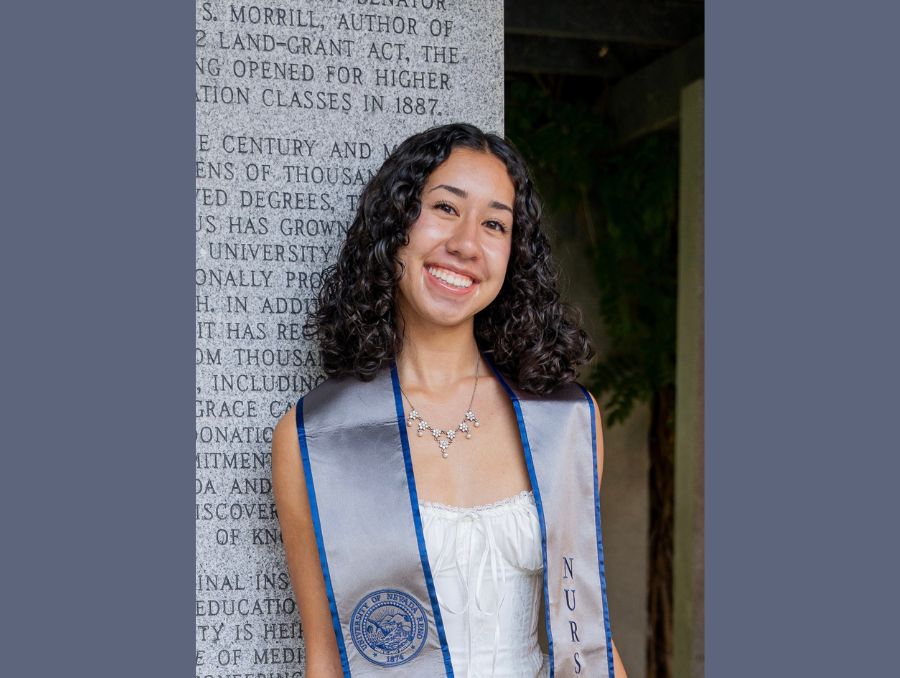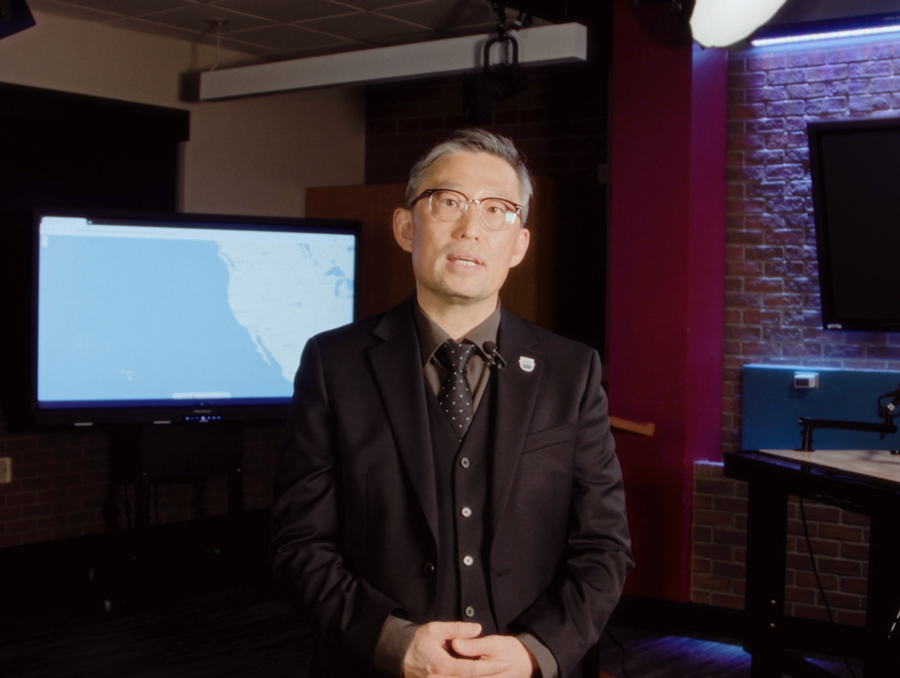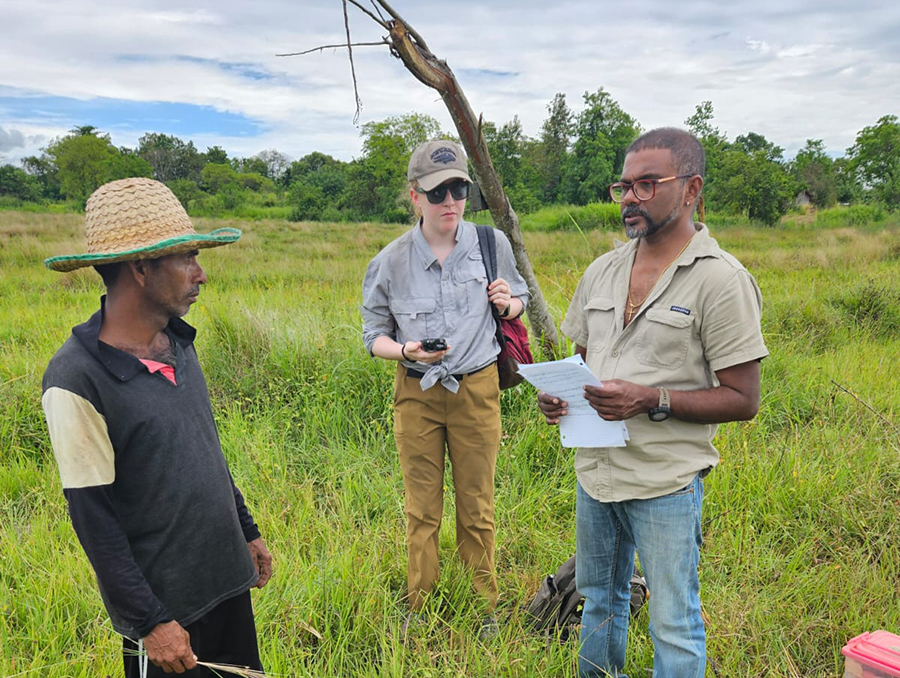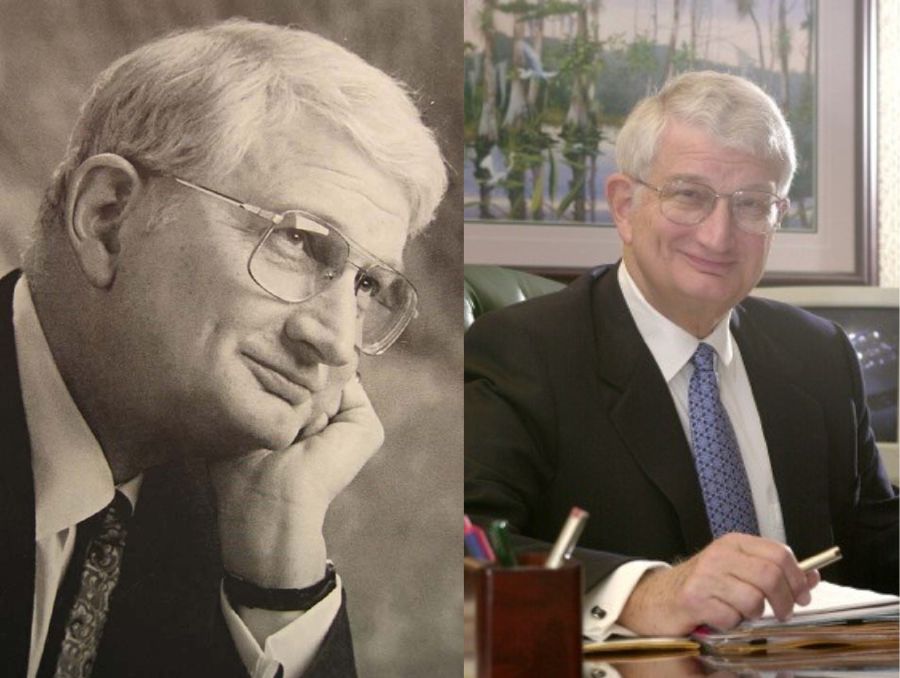Current construction efforts on Virginia Street aside, it was obvious during Thursday's Regional Alliance for Downtown (RAD) meeting in the College of Business' Charlton Lecture Hall that there is a constant two-way flow of information, expertise and knowledge being exchanged between the University of Nevada, Reno and the downtown business community.
"We have a lot of faculty and students who are very eager and every excited to work with the business community for economic development," Jeff Thompson, dean of the College of Science, said at one point. During a videotaped segment, Matt Polley, owner of the downtown businesses Java Jungle and Java Jungle Vino, noted that the successes of both the University and the local economy were inextricably linked: "The connection between the University and downtown is critical ... it's critical to the success of our great community downtown."
Thursday's gathering, which highlighted the efforts underway to more closely link Reno's technology/professional services and businesses with the University, was a vivid example of how a great amount of work and communication is making a difference for Reno's downtown economic climate.
Videotaped segments, introduced by speakers that included University President Marc Johnson, College of Business Dean Greg Mosier, Nevada Small Business Development Director Sam Males and Thompson, among others, highlighted how the University's interns, graduates and research expertise had helped inculcate the region with talent, enthusiasm, knowledge and new forms of business.
Mosier, in speaking about the University's interns and their value to local businesses, said the effort is part of "a robust intern program not only in the College of Business, but throughout the University." He said through online data bases such as Career Navigator, students and businesses can connect and develop paid opportunities for students to expand their skills, while the students, in turn, provide fresh ideas, perspective and energy to local businesses.
Johnson, during his remarks, noted that in the last year alone, the University had produced a record 3,665 graduates, providing the community with a pool of "human capital" with special skills, training and knowledge.
Johnson used Matthew Neben, a recent University graduate who was awarded the Herz Gold Medal as the institution's top scholar during May Commencement, as just one example.
"Here's an individual with an economics and finance degree, who was picked up immediately (upon graduation) by Whittier Trust Company," Johnson said.
Beyond talented graduates, Johnson said the University benefits the business community in other ways.
With $81 million in annual funded research, Johnson said the University is a prime incubator for ideas, as well as basic and translational research. He added that the University has also listened closely to business' needs by creating degree programs, minors and certificates in a number of key career-producing areas that will help Nevada diversify its economy. The new areas included renewable energy, materials science and entrepreneurship.
Bill Ramsey, president of Whittier Trust Company of Nevada, echoed Johnson during a videotaped segment.
Ramsey said his company had seven "UNR graduates among our staff" and that "it just happens that our capabilities dovetails with some of the University's needs," noting that Whittier staff have served on the University Foundation as well as the Planned Giving Advisory Committee.
"It's a relationship that actually goes both ways," Ramsey said. "The University has contributed a lot of talent to our team here."
"Under President Johnson's leadership, we've worked really hard to open our campus to the business community," Thompson said, who during his presentation highlighted the work of a local company, Optim Software and Data Solutions. Optim was created through research conducted at the University.
Bill Honjas, president and CEO of Optim, developed his company's founding technology based on computational algorithms written and researched in concert with founding partner Satish Pullammanappallil, while the two were graduate students working the Nevada Seismological Laboratory on the University campus. The seismic data processing software the pair developed is considered some of the finest and most cutting-edge of its kind in the world and is viewed as a critical component in the development and ultimate profitability of the state's growing geothermal industry.
Today, Optim has seven employees, Honjas said during his videotaped segment.
"And most of our employees are University of Nevada graduates," he said. "The University and the College of Science, in particular, turns out incredible students who are competitive on a worldwide basis."
This close connection, he emphasized, has helped make the prospects not only for his company and for the University, but for the entire community, quite bright.
"We have a very close and ongoing relationship with the University and the College of Science that is very important for the growth and trajectory of our company," Honjas said.


